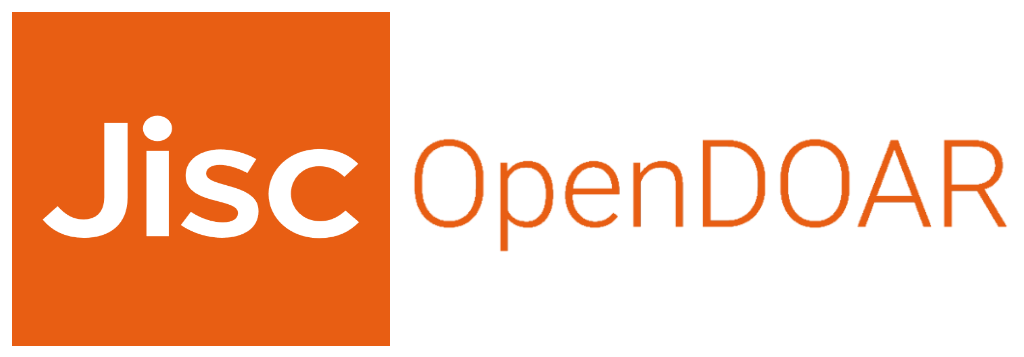La acreditación de la buena fe cualificada en el proceso de extinción de dominio en Colombia entre los años 2020 y 2023 bajo la ley 1708 de 2014
Trabajo de grado - Maestría
2024
Universidad Colegio Mayor de Cundinamarca
La extinción de dominio es la consecuencia jurídica que permite al Estado adquirir bienes relacionados de actividades ilícitas sin compensación, donde se deriva declarar la titularidad de los bienes al favor del Estado. Este estudio de maestría examina si la causal décima del artículo 16 de la Ley 1708 de 2014 afecta el debido proceso probatorio de las partes, toda vez que se enfoca en la acreditación de la carga probatoria para los terceros de buena fe exenta de culpa. La investigación incluye una metodología cualitativa que busca describir desde una óptica jurídico penal la relación de la acción de extinción de dominio con el derecho a la propiedad, a través de un enfoque histórico - legislativo mediante un alcance descriptivo con un diseño de estudio de caso jurisprudencial. Los hallazgos revelan que la carga probatoria excesiva puede perjudicar a las partes del proceso de extinción de dominio, al tercero de buena fe exenta de culpa y al titular del bien ilícito a perseguir por reconocimiento del tercero de buena fe los bienes lícitos de su titularidad y al final se propone estrategias para mejorar el procedimiento, garantizando un proceso más justo y equitativo. The extinction of domain is the legal consequence that allows the State to acquire assets related to illicit activities without compensation, where it results in declaring the ownership of the assets in favor of the State. This master's study examines whether the tenth cause of Article 16 of Law 1708 of 2014 affects the due process of the parties' evidence, as it focuses on the accreditation of the burden of proof for third parties in good faith exempt from fault. The research includes a qualitative methodology that aims to describe, from a criminal law perspective, the relationship between the action of forfeiture and property rights, through a historical-legislative approach with a descriptive scope and a case study design. The findings reveal that excessive evidentiary burdens can harm the parties in the forfeiture process, the innocent third party exempt from fault, and the holder of the illicit asset by pursuing the recognition of the innocent third party of the lawful assets in their ownership. Ultimately, strategies are proposed to improve the procedure, ensuring a fairer and more equitable process.
Keywords: Action for the extinction of domain, causal, third party in good faith exempt from fault, lawful and unlawful.
Descripción:
MIGUEL CRUZ Trabajo final Maestria.pdf
Título: MIGUEL CRUZ Trabajo final Maestria.pdf
Tamaño: 1.840Mb
 PDF
PDF
 LEER EN FLIP
LEER EN FLIP
Descripción: CARTA DERECHOS DE AUTOR MAESTRIA EN DERECHO PENAL 2024-2 (2)-5.pdf
Título: CARTA DERECHOS DE AUTOR MAESTRIA EN DERECHO PENAL 2024-2 (2)-5.pdf
Tamaño: 461.4Kb
 PDF
PDF
Descripción: MIGUEL A. CRUZ ORJUELA (Formato biblioteca.pdf
Título: MIGUEL A. CRUZ ORJUELA (Formato biblioteca.pdf
Tamaño: 475.7Kb
 PDF
PDF
Título: MIGUEL CRUZ Trabajo final Maestria.pdf
Tamaño: 1.840Mb
 PDF
PDF
 LEER EN FLIP
LEER EN FLIP
Descripción: CARTA DERECHOS DE AUTOR MAESTRIA EN DERECHO PENAL 2024-2 (2)-5.pdf
Título: CARTA DERECHOS DE AUTOR MAESTRIA EN DERECHO PENAL 2024-2 (2)-5.pdf
Tamaño: 461.4Kb
 PDF
PDF
Descripción: MIGUEL A. CRUZ ORJUELA (Formato biblioteca.pdf
Título: MIGUEL A. CRUZ ORJUELA (Formato biblioteca.pdf
Tamaño: 475.7Kb
 PDF
PDF






















